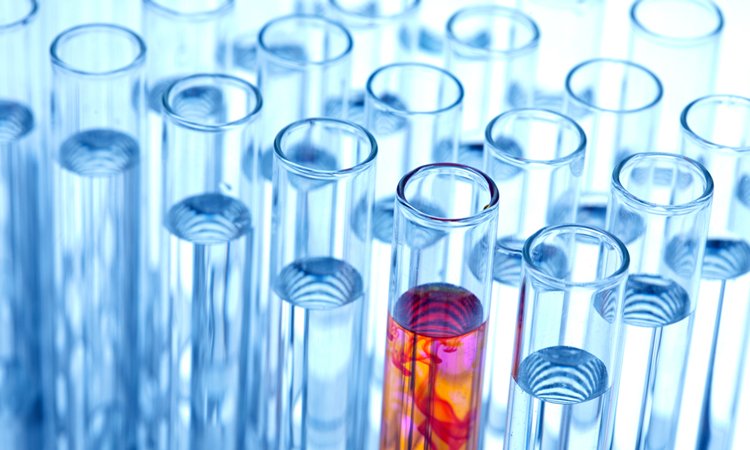Novel microfluidic and sequencing method enables epigenetic studies
Posted: 19 May 2020 | Victoria Rees (Drug Target Review) | No comments yet
A new microfluidic technology has been developed which can profile histone modifications with as few as 100 cells per assay.


A group of researchers from Virginia Tech, US, has developed a novel assay technology to aid in the understanding of how the human body battles diseases.
Chang Lu, the Fred W. Bull Professor of Chemical Engineering at Virginia Tech, and chemical engineering doctoral students Bohan Zhu and Yuan-Pang Hsieh, created a microfluidic technology that they are using to study various diseases, ranging from breast and brain cancer to schizophrenia and addiction.
“We were motivated by the fact that the molecular basis of a lot of diseases remains to be elusive after years of research, due to lack of advanced and precise technologies,” said Lu.
The new technology includes detailed instructions for the device’s fabrication, setup and operation of its microfluidic oscillatory washing–based chromatin immunoprecipitation. This is followed by a sequencing method called MOWChIP-seq, a low-input technology that allows for the characterisation of the epigenome using as few as 100 cells.
According to the researchers, the method is novel because until now, traditionally used methods required tens of millions of cells per assay. However, through use of the new sequencing method, the team has discovered they can produce a profile of histone modifications using as few as 100 cells per assay with a throughput as high as eight assays in one run.
“By comparing normal and diseased epigenomes, useful markers and patterns can be discovered and used for precision medicine based on epigenomic features of an individual patient,” Lu said.
The team say their process is semi-automated and reduces labour as well as improving reproducibility and being scalable.
The study was published in Nature Protocols.
Related topics
Assays, Disease research, Epigenetics, Histones, Microfluidic Technology, Technology
Related organisations
Virginia Tech
Related people
Bohan Zhu, Chang Lu, Yuan-Pang Hsieh


